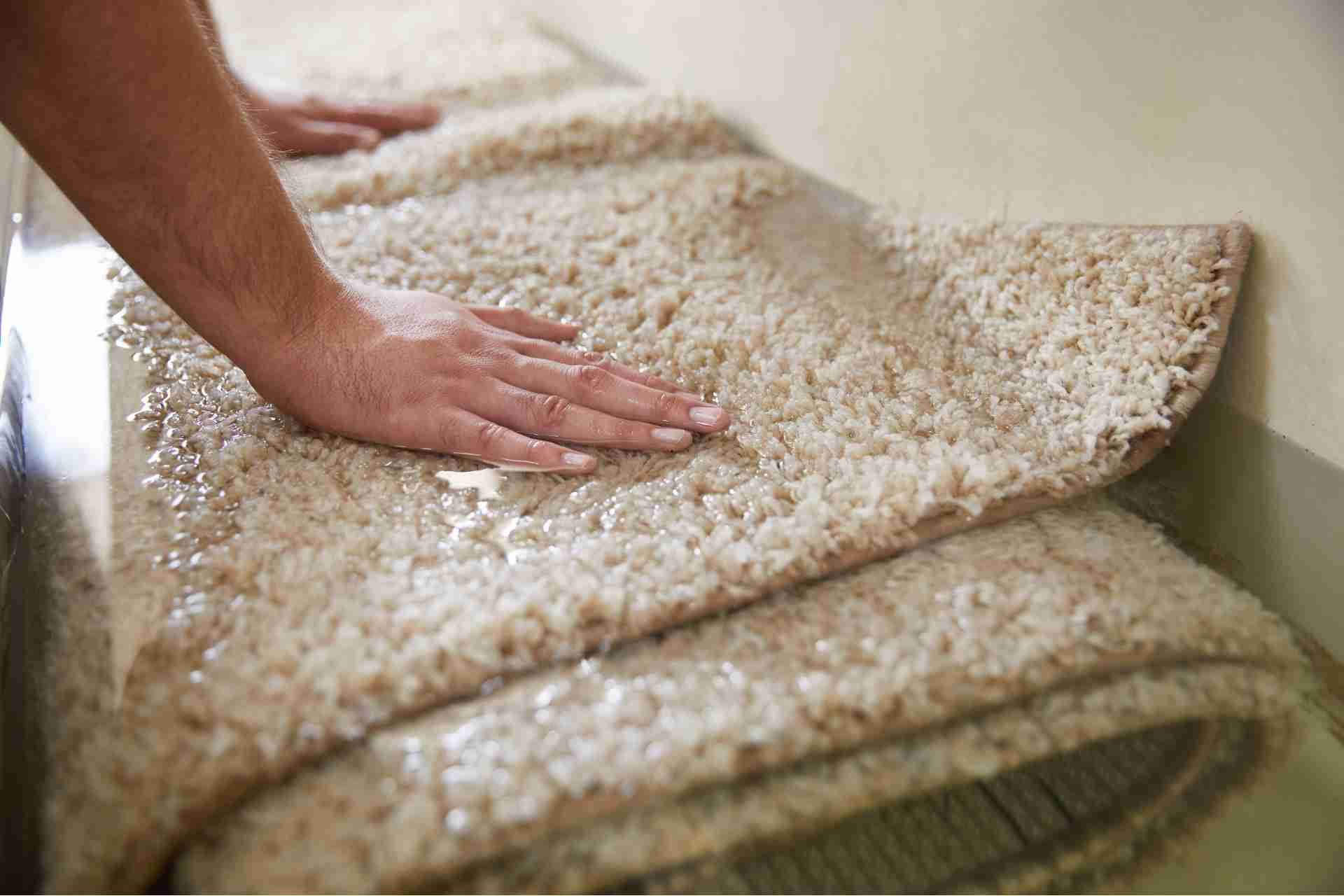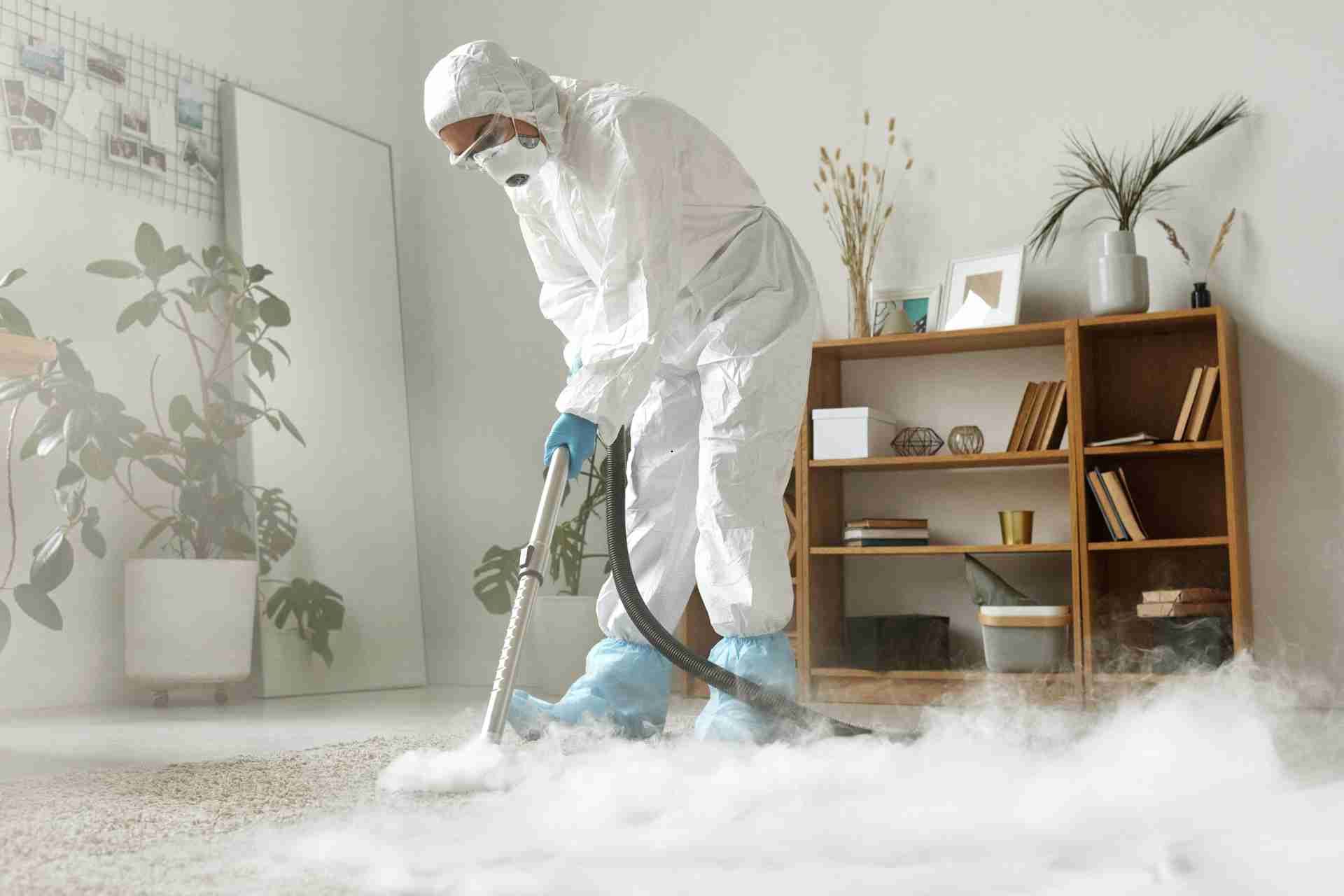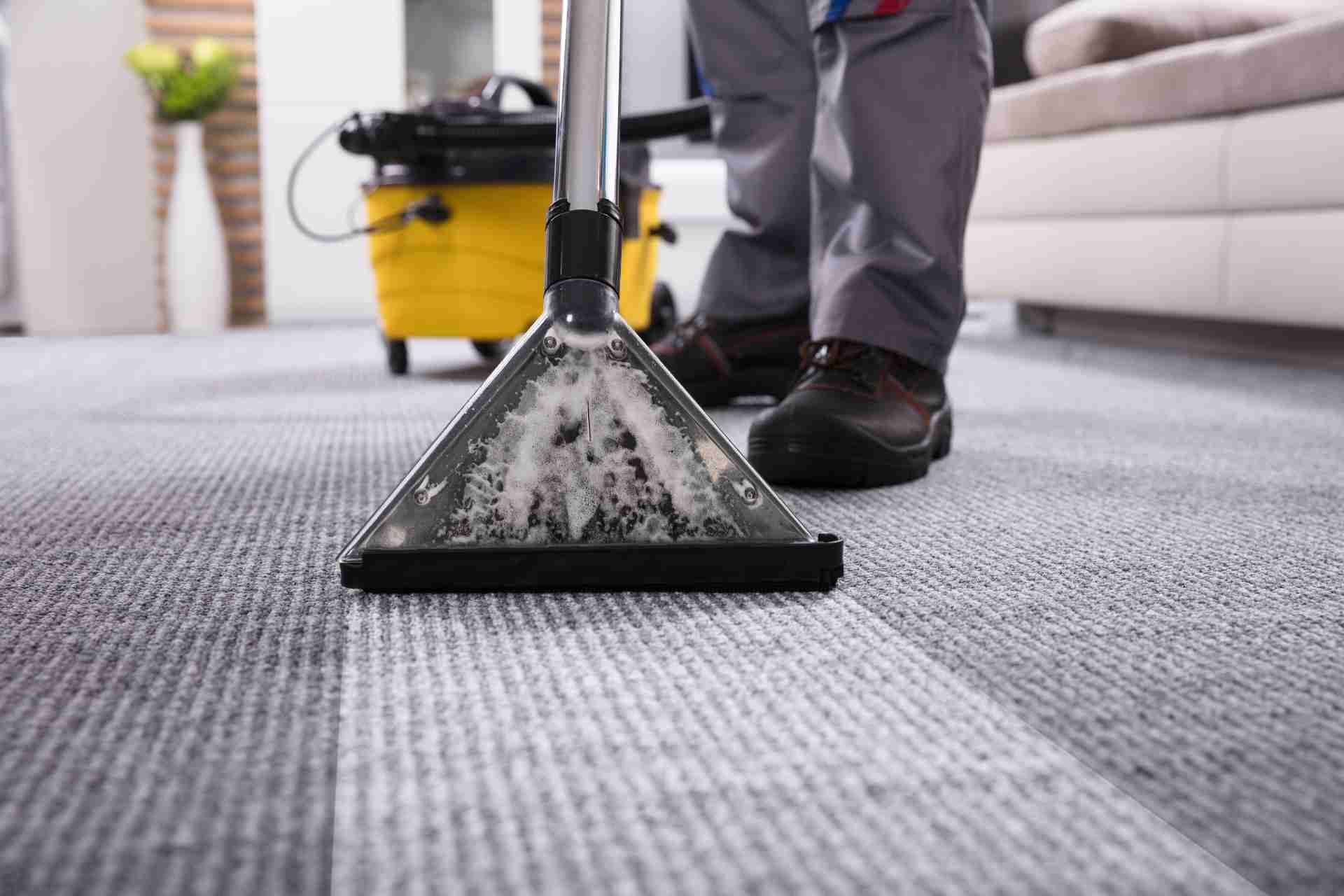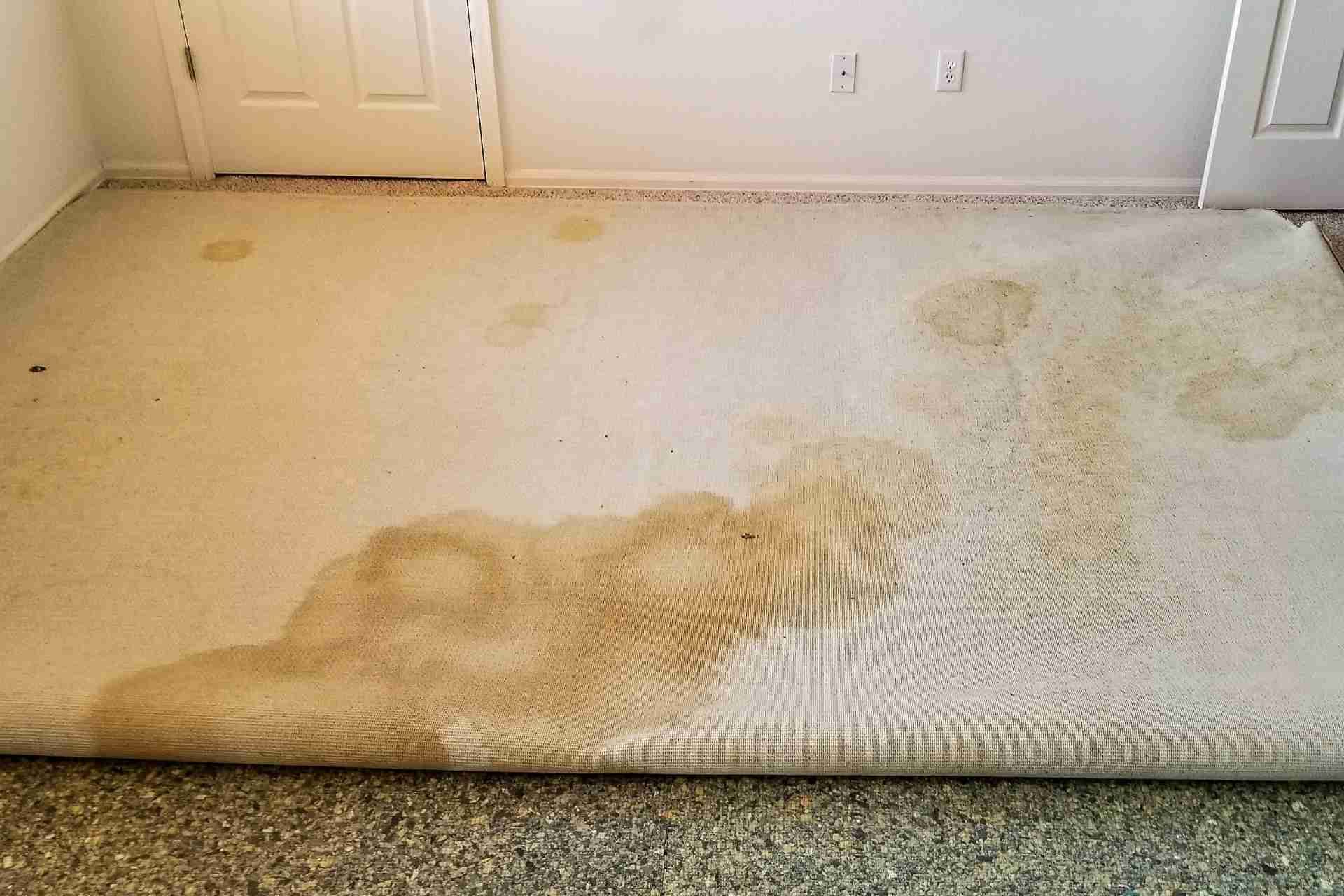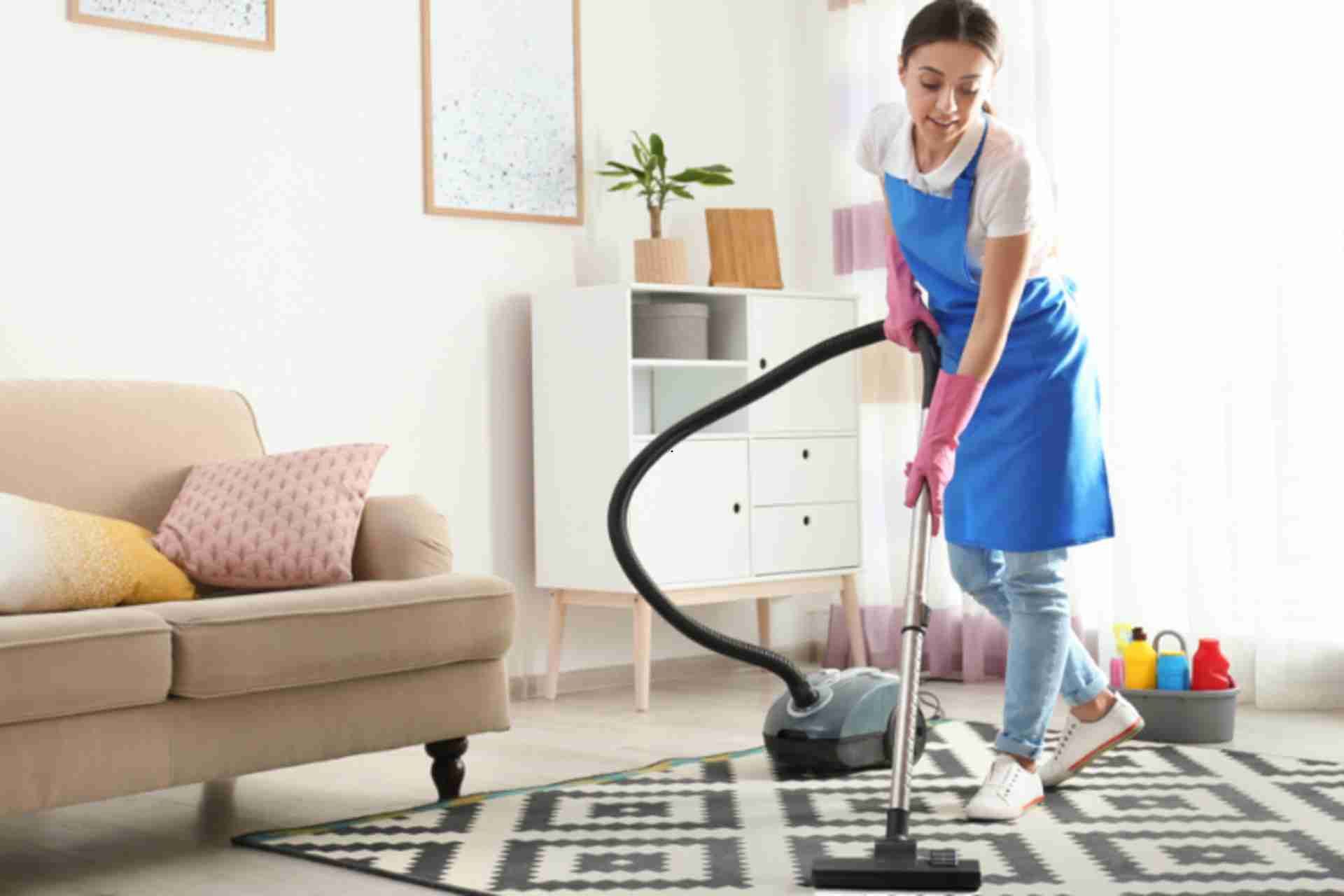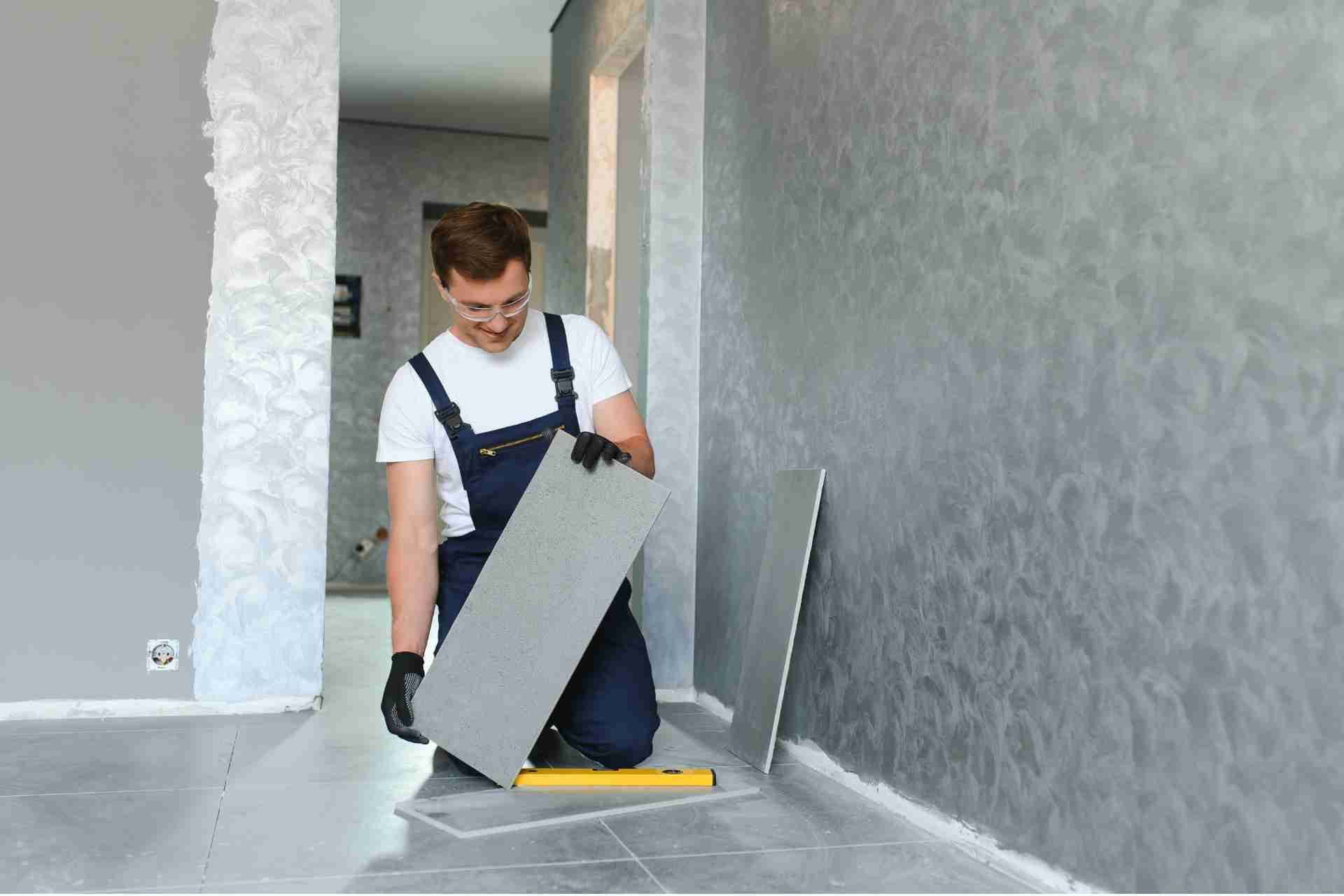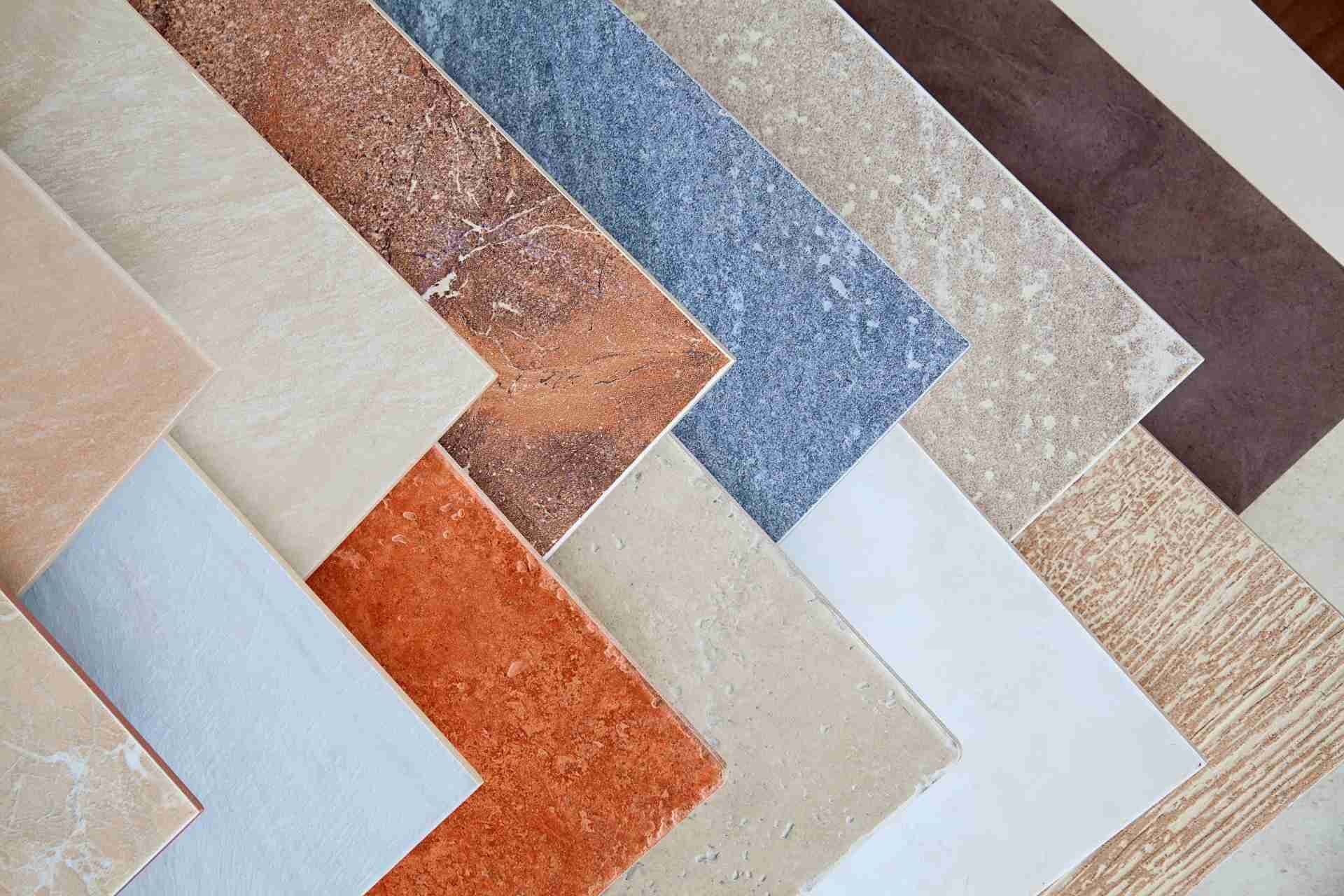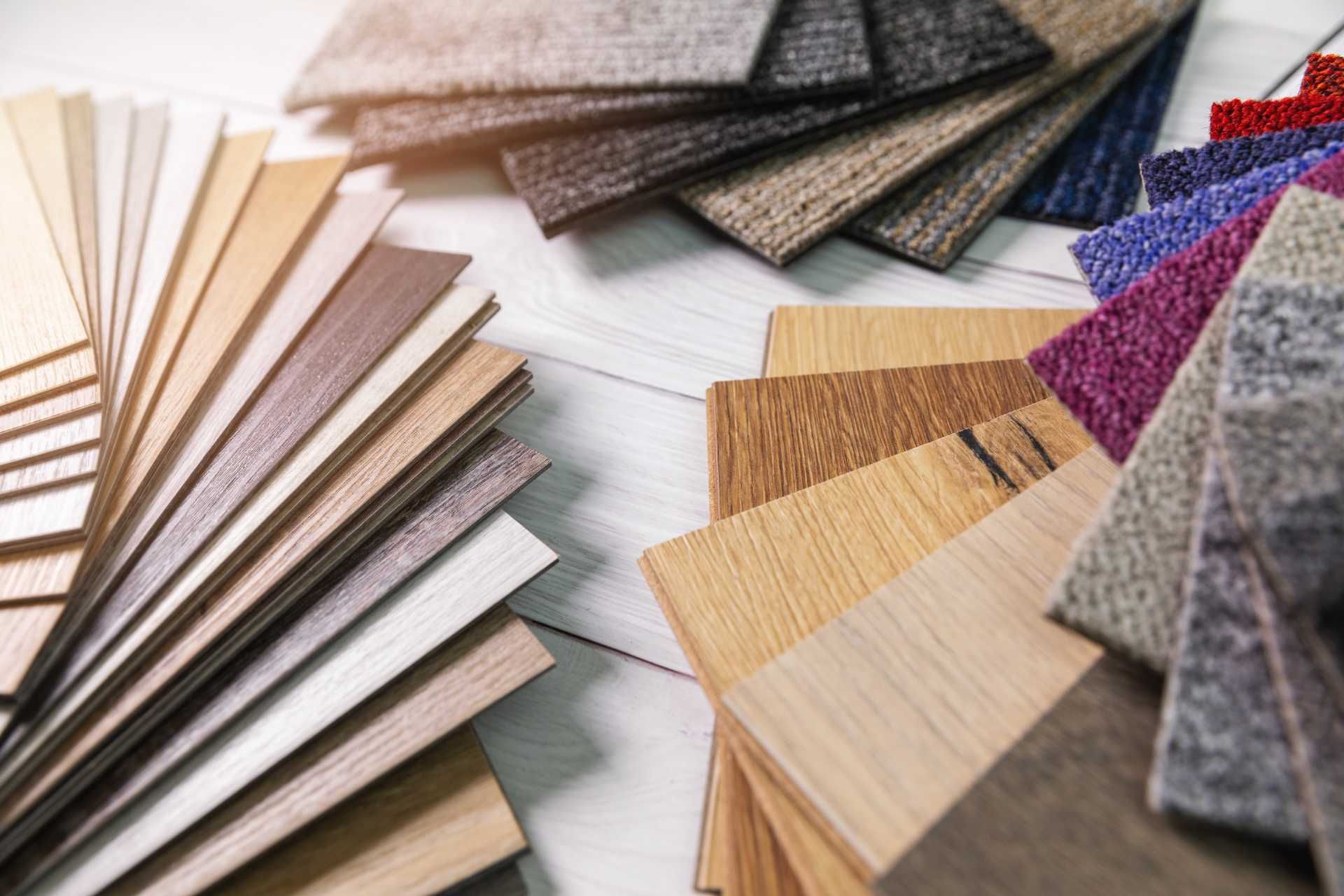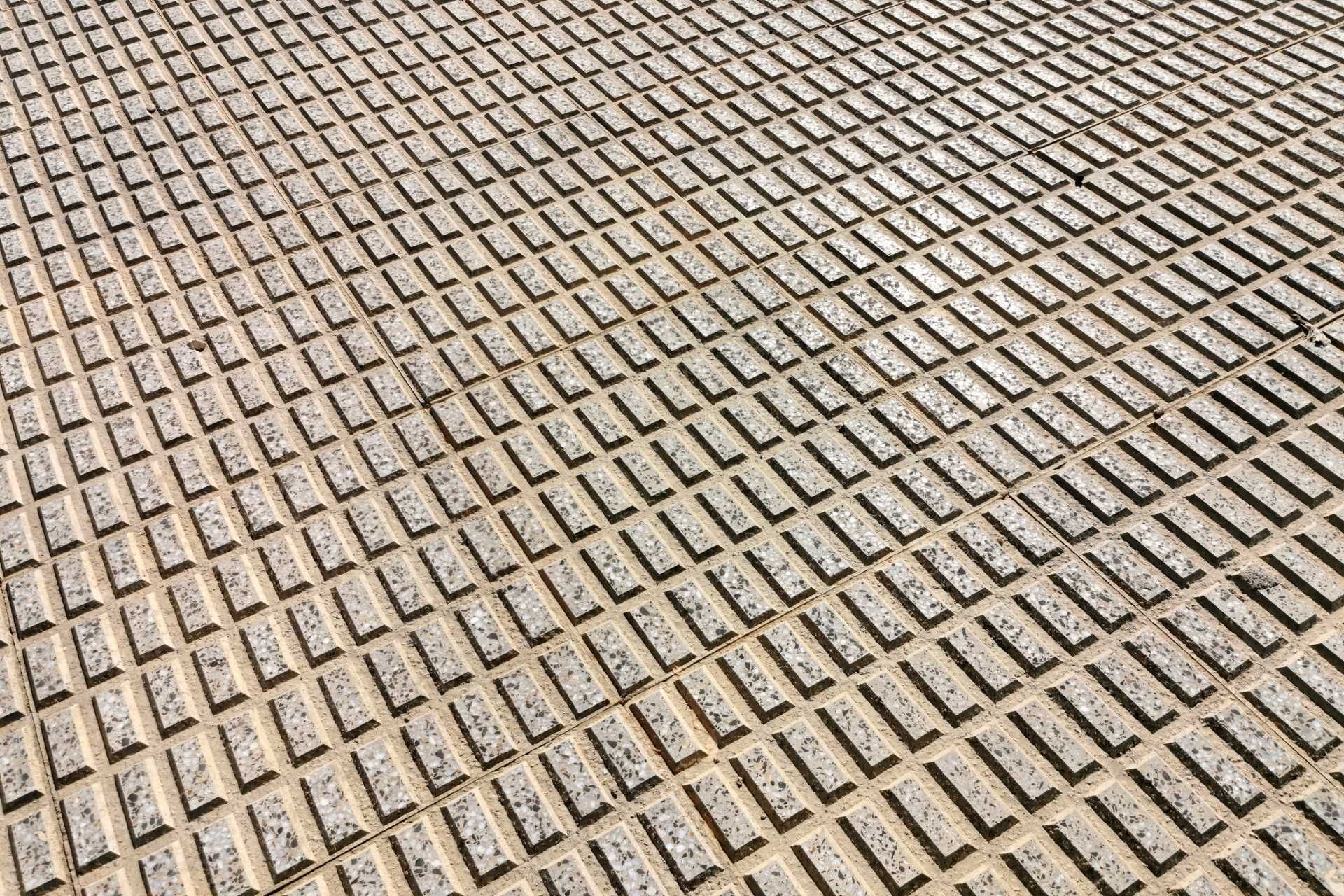Does Carpet Cleaning Reduce Allergens?
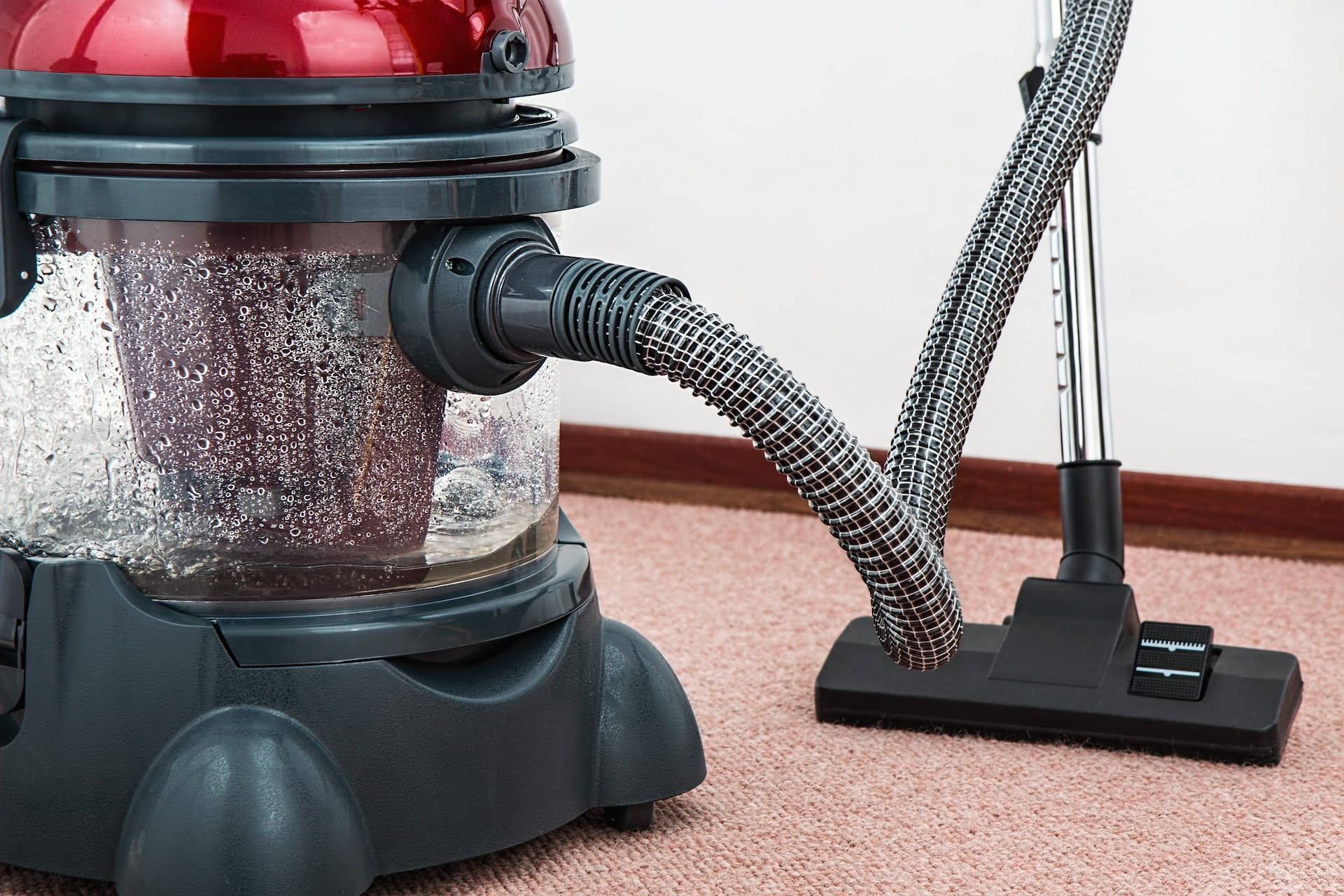
Carpet cleaning is an essential task to maintain cleanliness and hygiene in our homes. Not only does it help in removing dirt and stains, but it also plays a significant role in reducing allergens inside our living spaces. Allergens, such as pollen, dust mites, pet dander, and mold spores, are commonly found in homes and can trigger allergies or asthma symptoms. Let us explore whether carpet cleaning aids in reducing these allergens and creating a healthier environment for all.
Does Carpet Cleaning Reduce Allergens?
The battle against indoor allergens is an ongoing struggle for many homeowners. From dust mites to pet dander, these microscopic particles can wreak havoc on our health, causing everything from sneezing and coughing to more severe respiratory issues. Since carpets are a common culprit for harboring allergens, it is essential to consider whether carpet cleaning can actually reduce these pesky irritants.
Carpet cleaning, when done correctly and regularly, has the potential to effectively eliminate allergens trapped within the fibers. However, it is crucial to understand the different methods of cleaning and their effectiveness in addressing allergens.
One of the most popular carpet cleaning methods is hot water extraction, commonly known as steam cleaning. This method uses hot water to dissolve dirt and allergens before being extracted by powerful vacuums. The high temperatures involved in steam cleaning also help kill bacteria and dust mites that thrive in carpets, reducing the allergen load significantly.
Another common carpet cleaning technique is dry cleaning, which uses specialized chemical solutions to break down dirt and allergens. These solutions are then removed with a powerful vacuum, leaving the carpet fresh and clean. While dry cleaning may not be as effective as steam cleaning in removing deeply embedded allergens, it can still provide noticeable relief for allergy sufferers.
Regular vacuuming is also an essential aspect of combating allergens in carpets. Vacuuming helps to remove surface-level allergens such as dust, pollen, and pet dander, preventing them from being stirred up into the air where they can trigger allergies. However, it is important to note that vacuuming alone may not be sufficient to eliminate all allergens entirely.
To ensure the maximum reduction of allergens in carpets, a combination of routine vacuuming and professional cleaning is highly recommended. Experts suggest vacuuming at least once or twice a week, using a vacuum cleaner equipped with a high-efficiency particulate air (HEPA) filter. This type of filter is designed to trap and retain small particles, including allergens, better than standard filters. Regular professional carpet cleaning should be scheduled every 12-18 months, or more frequently for households with heavy foot traffic or pets.
How Does Carpet Cleaning Lessen Allergies?
1. Removal of Allergens
Carpets act as a magnet for allergens such as dust mites, pollen, pet dander, and mold spores. These microscopic particles settle deep into the carpet fibers and can trigger allergy symptoms. Regular vacuuming may help to some extent, but it doesn't completely eliminate allergens. On the other hand, professional carpet cleaning goes beyond surface-level cleaning. Powerful equipment and cleaning solutions are used to extract allergens from deep within the carpet, providing a much cleaner and healthier environment.
2. Dust Mite Control
Dust mites are tiny, spider-like creatures that thrive in warm, humid environments. They are a major source of allergy triggers. Carpets provide the perfect habitat for dust mites to flourish, as they feed on dead skin cells and moisture trapped in the fibers. When carpets are professionally cleaned, the high temperatures of the cleaning process kill these pests, effectively reducing the number of potential allergies caused by dust mites.
3. Elimination of Mold and Mildew
If your carpets have been exposed to moisture or water damage, there's a risk of mold and mildew growth. These fungi release spores into the air, causing allergic reactions in sensitive individuals. Professional carpet cleaning not only removes visible mold or mildew but also helps prevent their regrowth. By eliminating these allergenic substances, carpet cleaning can make a significant impact on your respiratory health.
4. Improved Indoor Air Quality
Carpets can become a reservoir for indoor air pollutants, including dust, chemicals, and bacteria. Over time, these pollutants accumulate and have a negative impact on the air quality in your home. When you walk or vacuum over dirty carpets, these pollutants are released back into the air, exacerbating allergies. Regular carpet cleaning removes the trapped pollutants, resulting in cleaner air and reducing allergy symptoms for everyone in your household.
Use a Professional for Carpet Cleaning
If you're tired of looking at those stubborn stains on your carpet, or if you're just in need of a deep clean to freshen up your living space, it's time to call in the professionals.
1st Class Carpet Care is the go-to choice for all your carpet cleaning needs. With their top-notch service and attention to detail, you can trust that your carpets will be restored to their former glory.
Contact Us
Contact Us
We will get back to you as soon as possible.
Please try again later.
Address: 685 East Main Street Ephrata, PA 17522 | Phone: (717) 738-9775
Mon: 9:00AM-8:00PM
Tue - Fri: 9:00AM-5:00PM
Sat: 10:00AM-2:00PM
Sun: Closed
Copyright © 2023 1st Class Cleaning & Flooring, All Rights Reserved.

